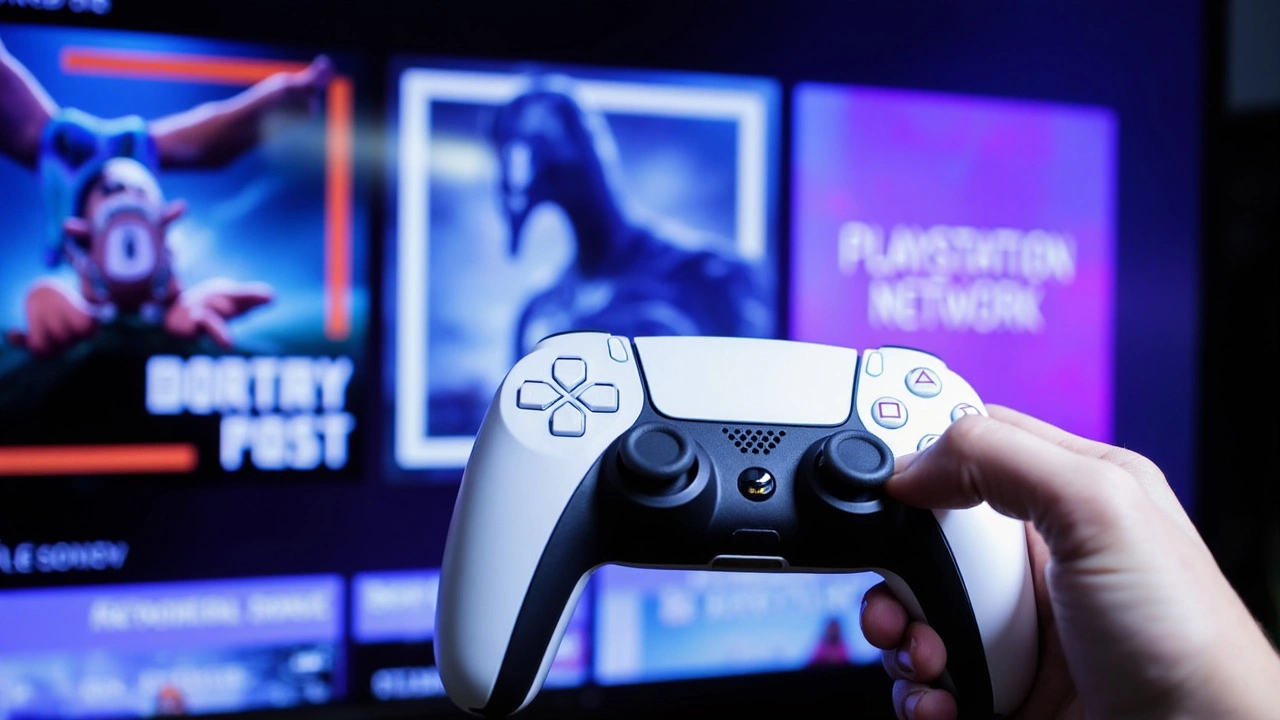Gaming Disruption: Why Games Matter More Than Ever
Gaming isn’t just a hobby anymore – it’s a force that’s shaking up the way we play, watch and even train. From teenagers battling in virtual arenas to pro athletes using game tech for practice, the line between sport and play is blurring fast. If you’re wondering why this matters to you, keep reading. You’ll see real examples of how games are changing everyday life.
Why Gaming Is Everywhere Now
First off, the audience for games keeps growing. In the U.S. alone, over 225 million people play video games, and that number is rising in Europe and Asia. That huge crowd means big money, and brands are taking notice. Companies that once only sponsored football kits are now buying slots in eSports tournaments or running ads inside popular games. It’s a cheaper way to reach young fans who ignore traditional TV.
Second, the technology behind games is getting better every year. High‑refresh‑rate screens, realistic physics engines and immersive VR headsets make virtual experiences feel almost real. Those same tools are being repurposed for training athletes, doctors and even pilots. When a soccer player can practice free kicks in a digital stadium that mimics real‑world conditions, the line between gaming and real sport disappears.
Key Ways Gaming Is Disrupting Traditional Sectors
eSports as a mainstream sport – Major leagues now fill stadiums, sell merchandise and sign broadcasting deals worth millions. Fans buy tickets, wear jerseys and cheer just like they would for a football match. The result? Traditional sports clubs are creating their own eSports squads to stay relevant.
Virtual training for athletes – Teams like the New York Knicks and Manchester City use game‑style simulations to analyze player movements and improve decision‑making. The data collected in a game can highlight weaknesses that a coach might miss on the field.
New revenue streams for creators – Streamers on platforms like Twitch turn gameplay into a live show, earning money from subscriptions, ads and donations. That model has inspired musicians, chefs and even teachers to go live, turning a personal hobby into a paycheck.
Fan engagement beyond the stadium – Mobile games tied to real‑world teams let fans earn points, unlock exclusive content and even vote on minor decisions. It keeps the audience glued to the brand all year round, not just on game day.
Cross‑industry collaborations – Brands from fashion to automotive are teaming up with game developers to create limited‑edition digital items. Those items can be bought, sold or traded, opening a whole new market for collectibles.
All these changes show that gaming is no longer a side‑show. It’s a central part of how people spend their time, money and attention. Whether you’re a coach, a marketer or just a fan, understanding gaming disruption helps you stay ahead of the curve.
So next time you see a headline about an eSports tournament filling a stadium, think of it as a sign that the future of sports and entertainment is already here – and it’s being driven by games.
Kieran Lockhart, Feb, 9 2025
PlayStation Network Outage Disrupts Users Worldwide: What's Happening and When Will It End?
A sudden PlayStation Network outage has left gamers worldwide unable to access key services like gaming, account management, and the PS Store since February 8, 2025. While no official fix timeline has been released, users can track updates on service status pages. Previous PSN issues provide historical context, though this outage is likely to end sooner.
View More




